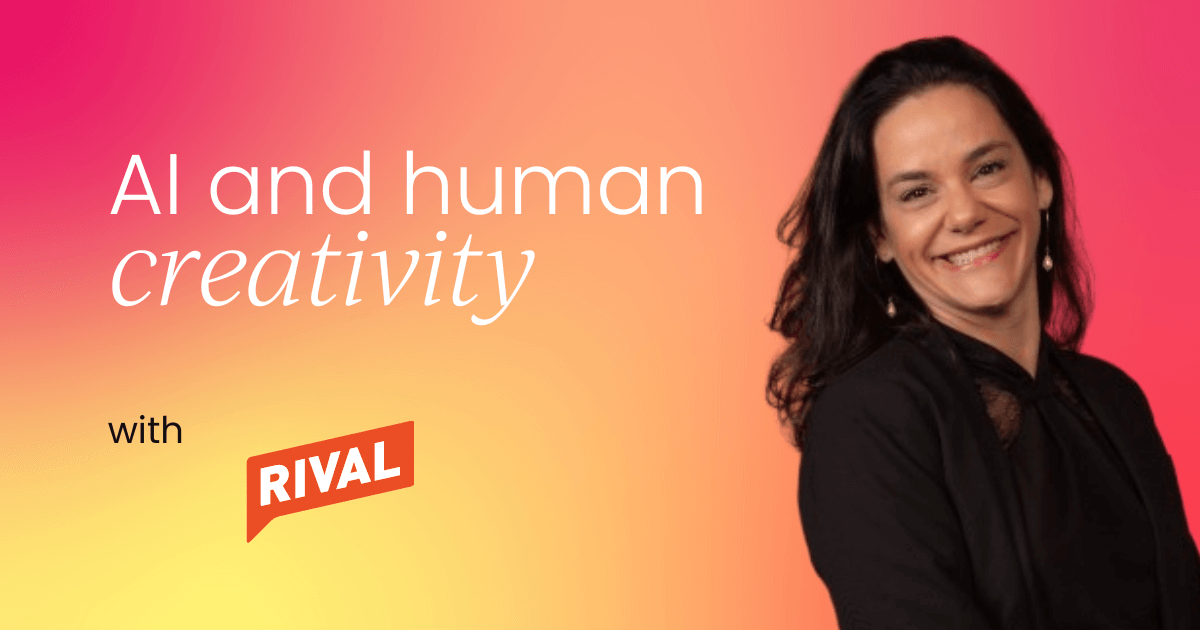Twenty years ago, I was working for the largest telecommunications company in Brazil, and my team had the daunting task of segmenting 20 million customers based on lifetime value.
It was a logistical nightmare – cross-referencing databases, wrestling with SPSS, and dealing with a mind-boggling amount of data, from customer intent to current usage.
Fast forward to today, and thanks to AI and other new technologies, this job would be a breeze. With just a few clicks, we could probably have it all sorted and ready to go. The months we spent grappling with that one marketing segmentation project could have been put to much better use on more impactful tasks.
Today, we are seeing a huge number of practical applications of AI in the marketing field. Content creation is certainly a big part of it, but as my panel members and I recently touched on at Revenue Marketing Alliance’s AI for Marketers Summit, there are many things to consider when using AI in your marketing practice.
Let’s talk about content creation and AI
Generative AI took the entire world by storm when ChatGPT became publicly available just two short years ago.
In our world as marketers, it had clear applications in helping to build the vast amounts of content we are tasked with generating. It wasn’t very good at it initially, but as more training data becomes available, it improves every day.
Today, many marketers are using generative AI systems as an extra set of hands, helping them whip up blog posts, social media updates, or even video scripts in a fraction of the time it used to take.
But there’s a cautionary tale here that I won’t be the first – or last – to tell. Even though AI is great at cranking out content quickly, it’s not a magic fix. Sure, it can speed things up, but it still can’t match the creativity and emotional insight humans bring.
You still need that personal touch to keep your content feeling authentic and in tune with your brand’s voice. One of my panel members referred to AI as an extremely fast assistant – who still needed to be supervised and guided.
I have found that AI can assist with first drafts, generate ideas, and collect information, but it’s up to me and my team to ensure that the content aligns with our brand’s voice and perspective. Without that human touch, every message would start to sound the same.
How many of us have received an automated business development email that AI clearly wrote? It doesn’t make us want to do business with that company.

Encouraging experimentation in your marketing team
That said, we simply cannot leave AI out of our processes altogether. The hullabaloo around AI taking our jobs is half-correct. While I don’t believe AI will replace us, the humans who deftly use AI will replace those that do not. AI can enhance our work, leaving us more time to focus on the things only humans can do.
As AI continues to become a bigger presence in our marketing toolkits, marketing teams need to strike the right balance. In our organization, we’re encouraging teams to experiment with AI, but we’re also making sure they know it’s just a tool to help, not a replacement for the creativity and insight only humans can bring.
To make sure our teams are comfortable using it, we’ve set up training and guidelines so they can explore AI in a way that stays true to our brand.
I’d encourage other marketing leaders to do the same. Bring together company leaders from different teams – compliance, IT, and innovation – to talk about how you can safely and effectively use AI in your processes.
Identify your pain points, and where AI can really drive heightened impact. You can help everyone feel confident experimenting with AI while ensuring it supports your overall brand goals.
Ethics, bias, and keeping it real
I’d be remiss if I didn’t touch on some of the challenges surrounding AI usage in marketing, especially when it comes to ethics, bias, and data privacy. AI is only as good as the data it's trained on, and if that data is biased, the results can be too.
For instance, if a dataset lacks diversity or reflects outdated assumptions, AI-generated content or insights could unintentionally exclude certain groups or reinforce harmful stereotypes. Marketing teams must be vigilant and help to ensure that AI tools are used responsibly and inclusively.
Data privacy is a big deal too, particularly in my industry of market research. We handle a lot of personal data, so it's crucial to keep it secure. People are more aware than ever about how their data is collected and used, and misusing it can really hurt your brand’s trust.
That's why it’s so important to have strong privacy measures in place and be upfront with your audience about how AI is used - no matter your industry. By focusing on ethics, bias, and privacy, you can build trust while still making the most of AI’s power in your marketing.
Final thoughts
In the end, AI is a game-changer, but it’s not a one-size-fits-all solution. It can help us work faster and smarter, but it still needs a human touch to keep things real. As marketers, our role is to guide AI, experiment with it, explore its capabilities - all while keeping an eye on the potential pitfalls like bias and privacy.
I believe we can unlock its full potential while staying true to our brand values, if we use it thoughtfully. After all, the magic happens when technology and human insight work together.
Wish I’d had the option 20 years ago – maybe I wouldn’t still be thinking about the beastly segmentation project!



 Follow us on LinkedIn
Follow us on LinkedIn




